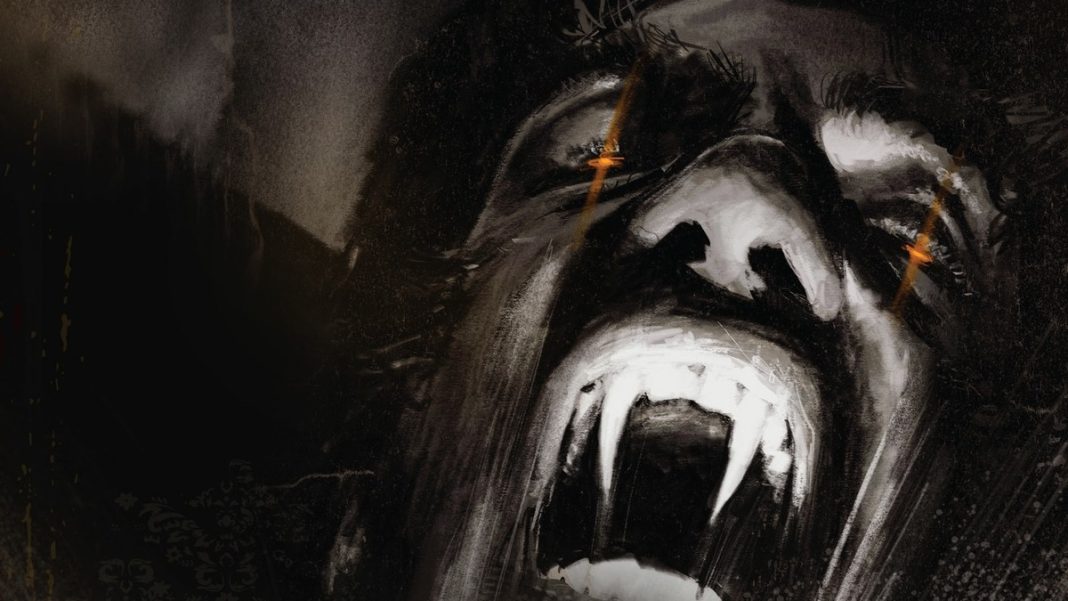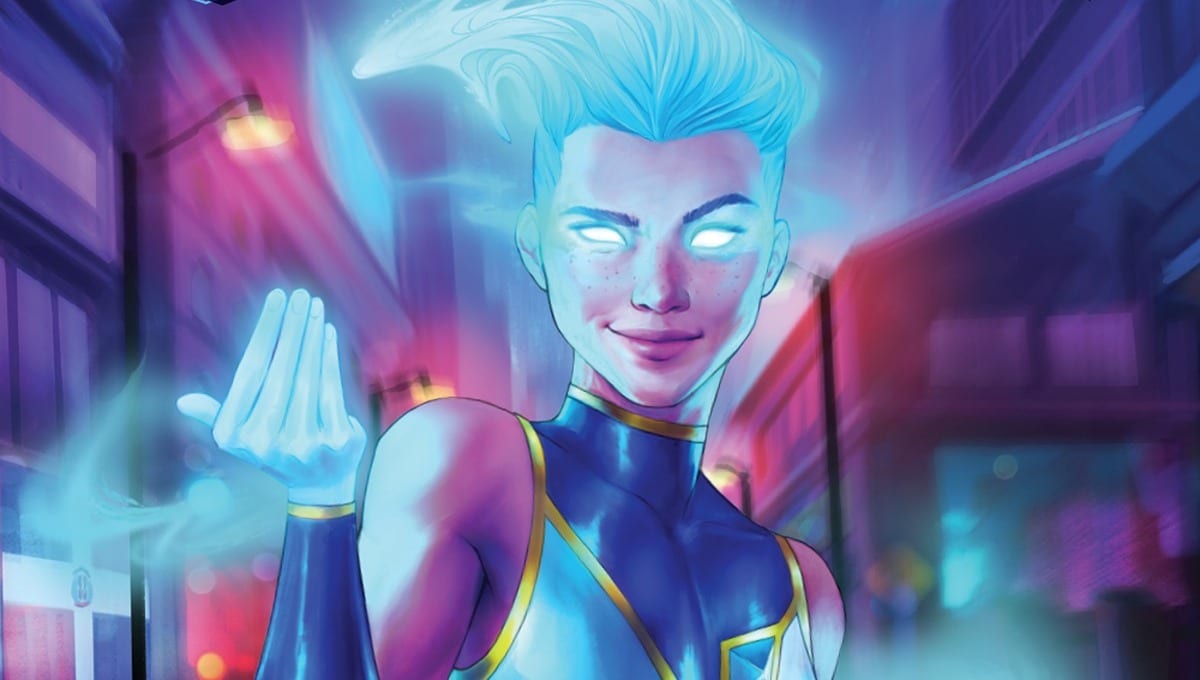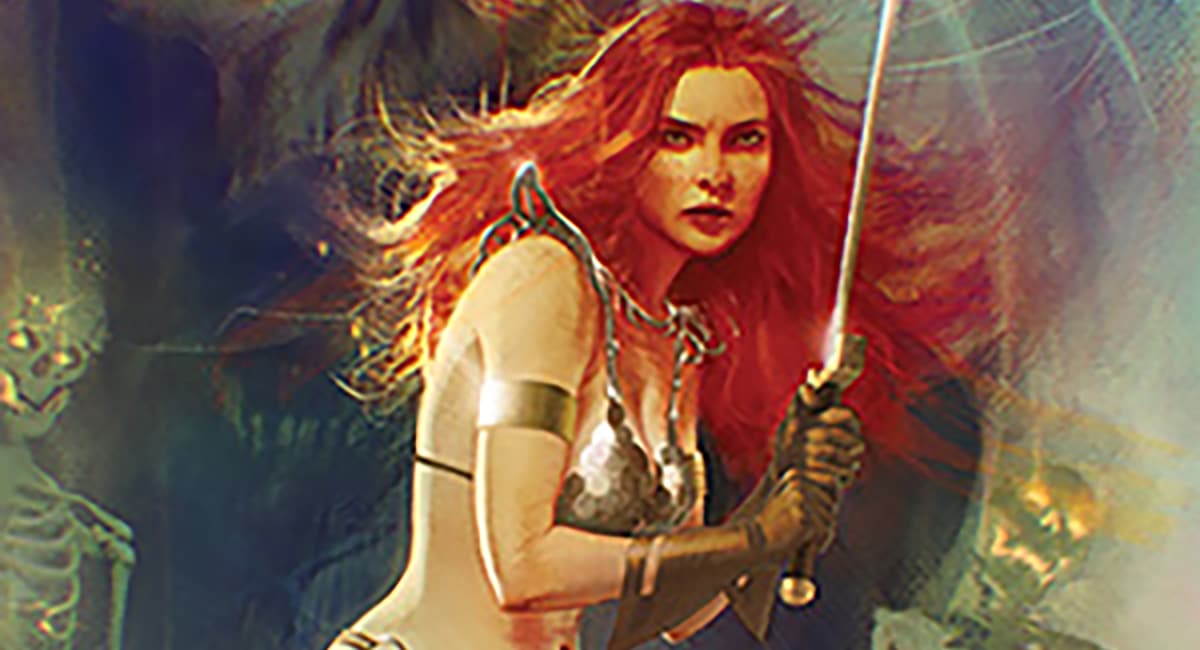Rodney Barnes has quickly become a distinctive and innovative voice in comics. Already having a storied career as a producer and screenwriter on shows such as The Boondocks and Everybody Hates Chris, Barnes exploded into the world of comics with his and Jason Shawn Alexander’s Philadelphia vampire comic Killadelphia, easily one of the best ongoing series on the stands today. He had written comics leading up to his megahit, but it was that one that elevated him in the comics work to being a writer you needed to pay attention to.

Barnes has parlayed his success with Killadelphia, as well as on licensed titles like Star Wars and Army of Darkness and on other creator-owned books like Monarch with Alex Lins, into creating his own company, the aptly-named Zombie Love Studios. He kicked things off with a book that found in blaxploitation its resounding first shot: Blacula: Return of the King, also illustrated by Shawn Alexander. It’s based on the fan-favorite 1972 vampire movie of the same name directed by William Crain. In the film, Prince Mamuwalde (the titular Blacula) meets with Dracula to strike a deal that would put a dent on the slave trade, but is immediately betrayed and turned into a vampire. He’s eventually stirred from his slumber after his coffin is sold and brought to LA in the ’70s. Barnes updated the iconic black vampire so it could exist within the racial chaos of today’s America, reflecting how society has reacted to police violence and predatory urban politics.
Blacula: Return of the King was not only a great book, it was a mission statement, a promise on the quality and depth of what’s to come. The story’s been envisioned as a trilogy, according to Barnes, with the other titles yet to be officially revealed. Zombie Love is also preparing for the release of Florence and Normandie, written by Barnes and rapper Xzibit with art from Jon Wayshak and Mar Silvestre, which puts the world’s first alien invasion right in the middle of the 1992 LA Riots (which began after four police officers were acquitted of excessive force charges in the Rodney King case).
The Beat sat caught up with Barnes at San Diego Comic Con for a quick chat on Zombie Love, its horror heart, and where it’s going.
Ricardo Serrano: Zombie Love started off with Blacula, a character with a peculiar place in horror history. Despite his popularity and dedicated fan base, some still see him as a kind of cult-following type character. What made you settle on Prince Mamuwalde for Zombie Love’s first book?
Rodney Barnes: I really loved the movie when I was a kid. As I got older and revisited it, you could see some of the problems that came with it being a blaxploitation film, along with some of the more problematic narrative elements that came with it given the times it was made in. Coming from a sentiment of nostalgia, I felt like I could update it. It was something that would take me back to my original love of horror. I thought it would be a worthy endeavor. So, I thought about a style and how it would look and then Jason Sean Alexander, my partner, he had a take on how the book could take different route than Killadelphia’s and we went to work.
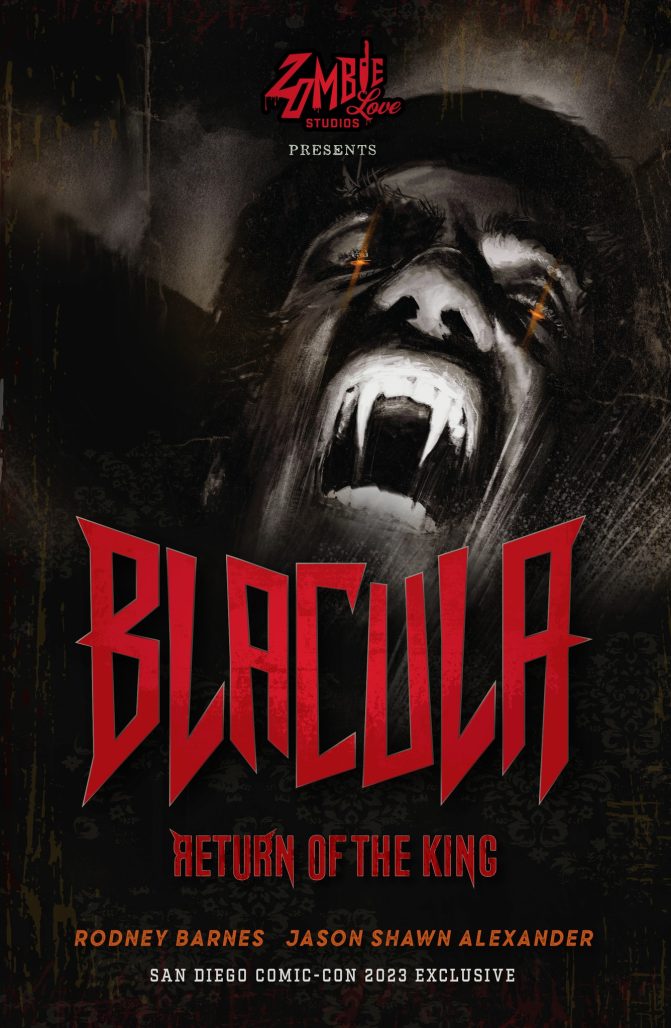
Serrano: I picked up on that desire to update the character. In the movie, you kind of end up rooting for him for most of it, but then he reminds you he’s a vampire and that he’s, in essence, a predator. He ends up not even being an antihero.
Barnes: I think it’s not his fault. For lack of a better word, he is what he is. There’s the human part of him that remains, but he is a predator. The antihero part, the mixture of a lack of predictability as to who he’s going to be and of what he can be at any given moment is always present. And yet, he was a prince. His nobility is still there. There is a moral throughline even though it’s tempered with his vampiric aspects.
Serrano: There are hints of a shared universe within Return of the King. Is that something you want Zombie Love to focus on, or something you’re just playing around with?
Barnes: Playing around with it for now. When you have your own company, and you work your own stories, a lot of the characters start floating through some of the other works. A lot of those works are still under my control, so you never know when a character can pop up in one world from another. It’s kind of like how Stephen King will put a reference to Cujo in newer books, a hint to let readers know the possibility is there. Or like he does with Salem’s Lot, where you have something so ancient it can’t help but be a part of the larger thing. With me, you never know when Blacula might show up.
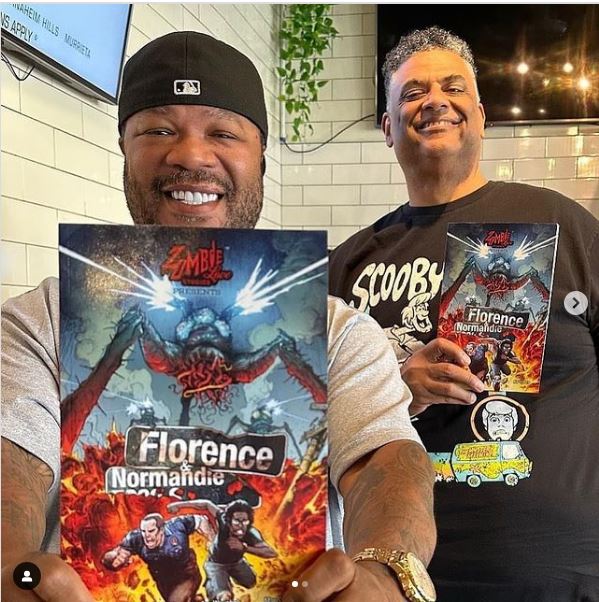
Serrano: Is there a specific style or signature that you’re hoping carries through for the studio? Something that gets it recognized immediately as a Zombie Love production?
Barnes: I think of it more about being a voice in horror. You know, places like Blumhouse have done a type of movie that feels like Blumhouse. I think we want to tell a story in a way that feels like a Zombie Love story, in the sense that it has a really clear voice that has some social relevance, but not to the point where it overwhelms the story. I want human stories set in a horrific setting.
Serrano: What can you reveal about the future of Zombie Love?
Barnes: We’ll be having a few announcements coming up, especially leading up to New York Comic Con. We’re already gearing up for Florence and Normandie with rapper/actor Xzibit, which we’re really excited about. We’ll be doing a preview of it at NYCC. It’s shaping up to be an interesting year for us.
Blacula: Return of the King is available from Zombie Love Studios now.


